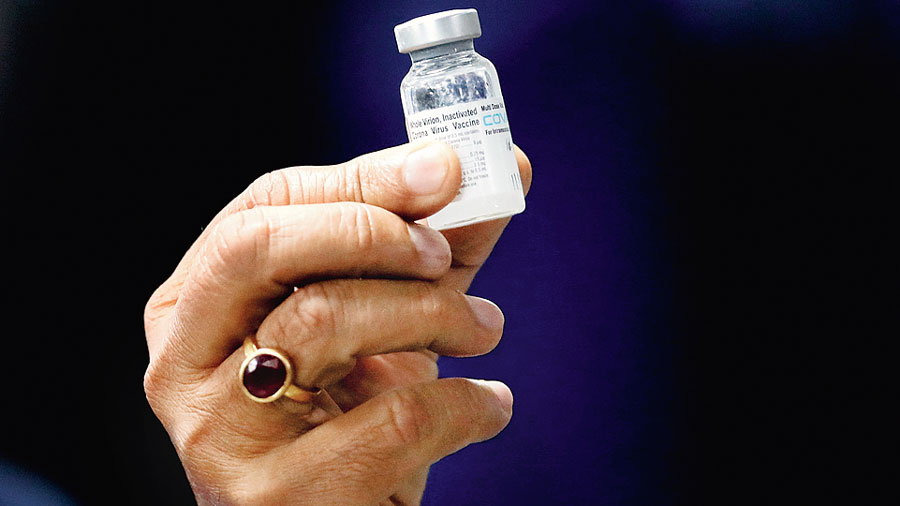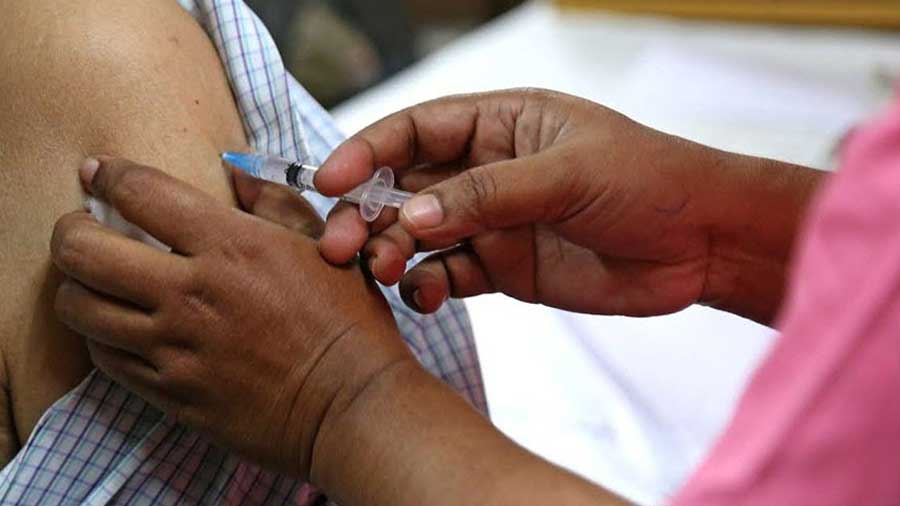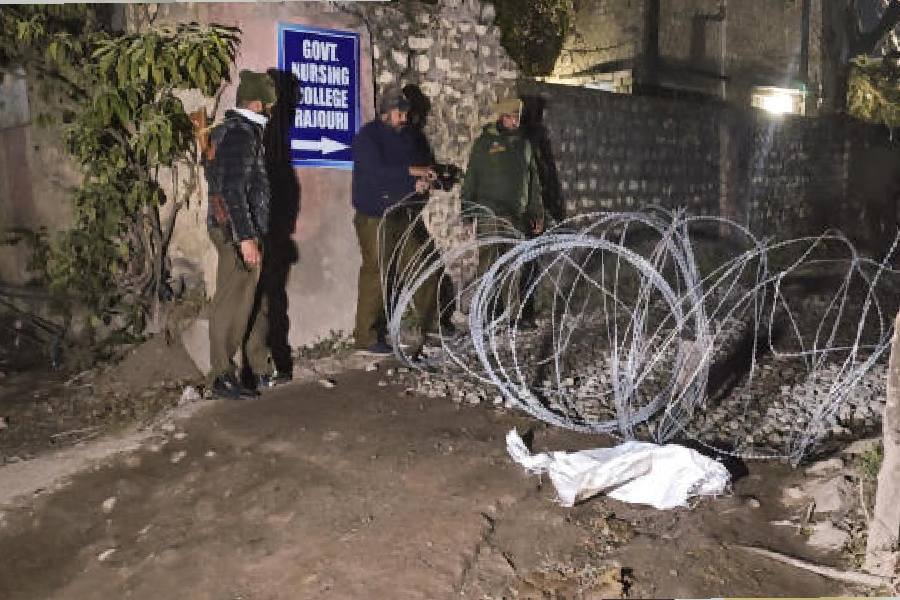An Indian government entity and a patients’ rights group have independently opposed a patent application in India by the US company Merck for molnupiravir, the first oral antiviral agent shown to reduce by 50 per cent Covid hospitalisation or death.
The Entrepreneurship Development Centre (EDC), a unit of the Union science ministry’s department of scientific and industrial research, and the Cancer Patients’ Aid Association (CPAA), have both argued that molnupiravir lacks novelty and inventive features and thus does not qualify for a patent. Indian law allows pre-grant opposition against patent applications.
Health activists say the pre-grant oppositions — four so far — to Merck’s patent plea in India have raised hopes that inexpensive generic versions of the drug will be available to middle-income countries.
The activists say that several middle-income countries have been left out of a Merck production pact with five Indian manufacturers.
“The opposition, especially from a government agency, is encouraging — we anticipate a large global demand best met through inexpensive generic versions,” said Leena Menghaney, a lawyer focused on access to medicines with the international humanitarian agency Medicins Sans Frontieres.
The US drug regulatory authority is currently evaluating an emergency use authorisation application for molnupiravir. Clinical trials have found that 7.3 per cent of Covid-19 patients who received molnupiravir were hospitalised compared with 14.1 per cent patients on placebo who were hospitalised or who died.
A Reuters report had earlier this month quoted Amesh Adalja, a senior scholar at the Johns Hopkins Centre for Health Security in the US, as saying that an oral antiviral that can impact hospitalisation risk to such a degree “would be game-changing”.
Merck, which has said it expects to produce 10 million courses of treatment by the end of 2021, had in April this year announced voluntary licensing pacts with five Indian drug makers to allow them to make molnupiravir for India and over 100 low- and middle-income countries.
A query sent by this newspaper to one of the partner drug makers asking about the status of molnupiravir in India, planned production and the likely cost in the country has not evoked a response. A Merck spokesperson was not immediately available for a response.
Reuters reported earlier this month that the US government is buying 1.7 million courses of treatment at $700 per course, but health activists believe the drug’s generic versions from Merck’s Indian partners will be priced at or below $20 (Rs 1,502) per course.
But Menghaney and others believe that Merck’s voluntary licences with Indian drug makers will be insufficient to meet the anticipated global demand. Under the pact, the Indian partners — Cipla, Dr Reddy’s Laboratories, Emcure Pharmaceuticals, Hetero Labs and Sun Pharmaceuticals — can supply the drug to 104 countries.
Brook Baker, professor of law at Northeastern University in the US and policy analyst with Health Gap, an international advocacy organisation ensuring access to life-saving medicines, said middle-income countries excluded from the licensing pact had 30 million infections in the first half of 2021.
“Even if the Indian generics make it to market and can satisfy this demand in (their) licensed territories, Merck will be unable to meet the remaining 70 per cent of global need,” Baker wrote earlier this month in a Health Gap report analysing the challenges for global supply of molnupiravir.
Argentina, Brazil, central Asian countries and eastern Europe are not covered by the licences.
“This is why the opposition to the patent in India becomes critical,” Menghaney said. “Plus, the opposition is in line with the Indian government’s own submission to the World Trade Organisation seeking waiver of intellectual property on Covid-19-related diagnostics, treatment and vaccines.”
Health activists believe the opposition to the molnupiravir patent will encourage other Indian generic producers to make their own versions of the medicine for India and other countries.
The Entrepreneurship Development Centre in its opposition has said it serves as a “nerve centre” supporting the activities of an Indian government task force for repurposing drugs for Covid-19 created by the principal scientific adviser to the Centre.
The Cancer Patients’ Aid Association had eight years ago successfully challenged a Novartis patent on a drug used in the treatment of blood cancer.












